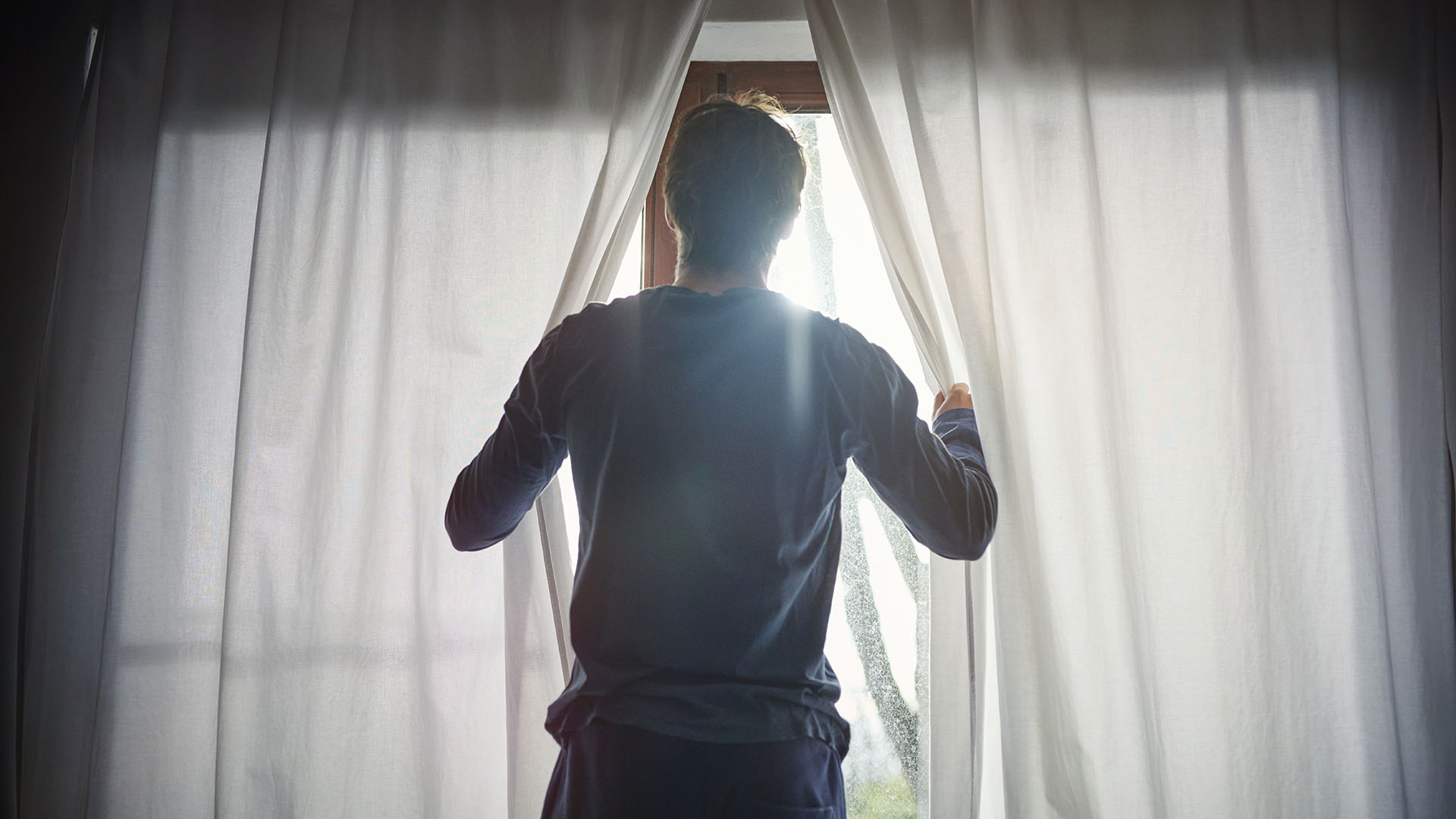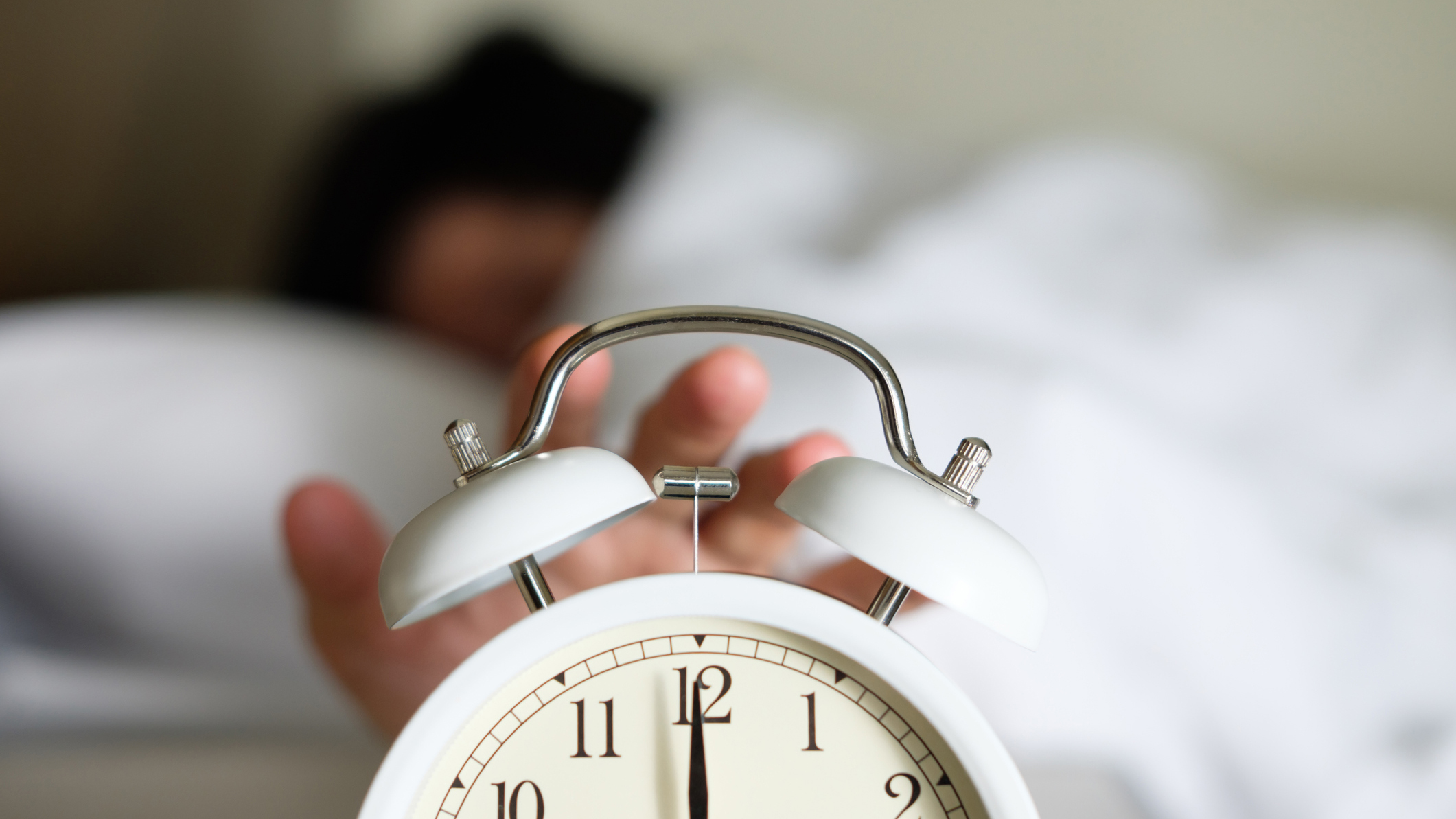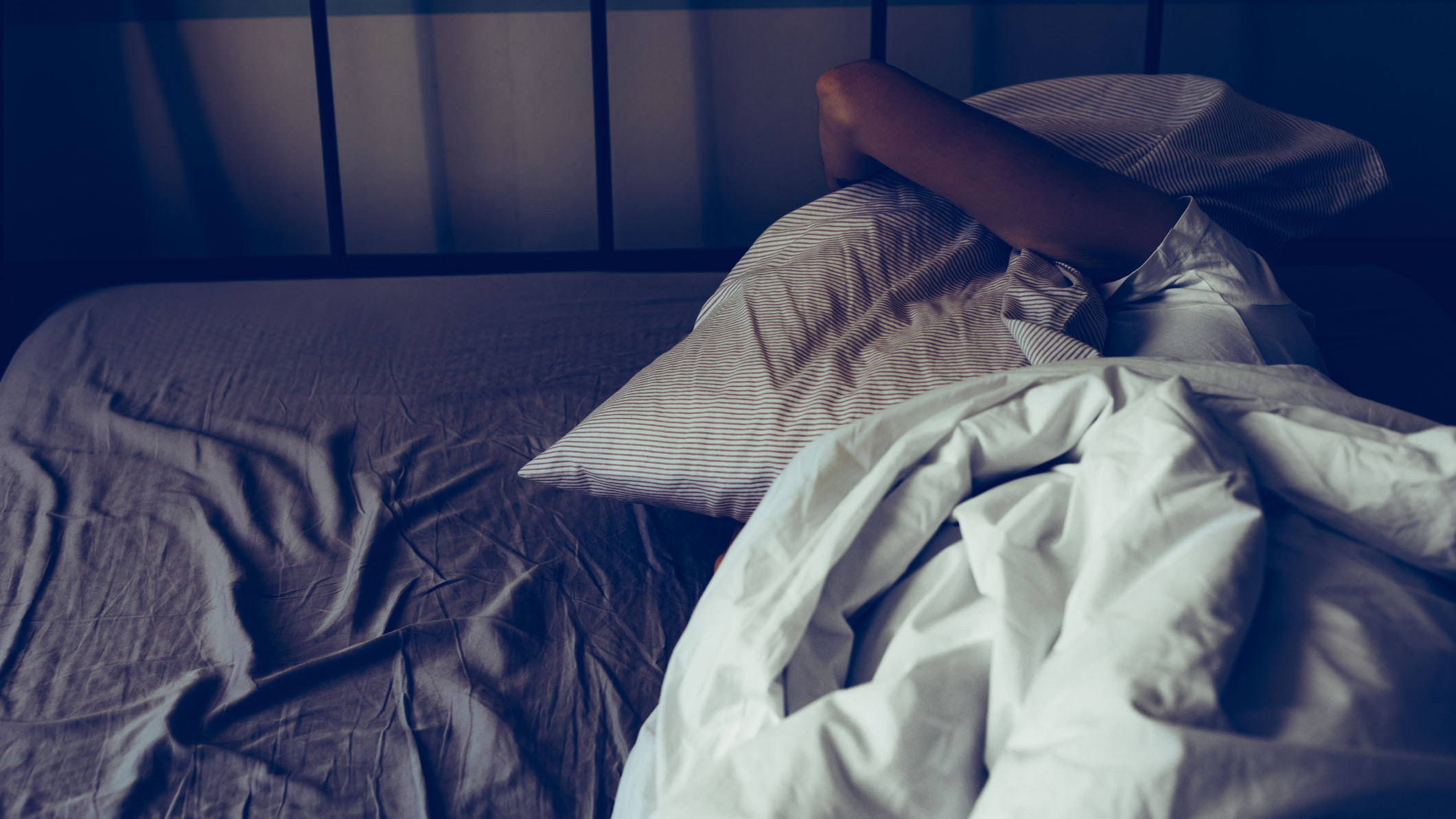Daylight Saving Time 2023: Tips for coping with an hour's sleep loss
The 'Spring Forward' clock change means you lose an hour of sleep this weekend – here's how to deal with it

If you're reading this in the UK – it's that time of year again. Daylight Saving Time is happening this weekend: at 1am on Sunday 26 March the clocks will go forward one hour, which means we lose one hour of sleep.
Any disruption to your sleep schedule can leave you feeling groggy and sleepy for days afterwards. When Daylight Saving Time kicks in, the change in wake-up time can affect your sleep-wake cycle and make you feel groggy, moody, or lose our appetite – symptoms that are similar to jet-lag.
It's a relatively small just but the knock-on effects can be surprisingly big. While some people will experience a short-term effect on wellbeing and energy levels, for others, especially those with pre-existing sleep issues, the effects of an hour’s sleep loss can linger on.
To give yourself the best chance of minimizing the effects of the Daylight Saving Time clock change, there are some changes you can make. Read on for a selection of expert tips. Or for more advice, check out our guide to how to reset your sleep schedule.
How to prepare your sleep for Daylight Saving Time
April Mayer, a sleep expert at Amerisleep, says: "Our circadian rhythm (body clock) – which governs many of our bodily functions, from hunger cues to knowing when we need to sleep – relies on consistent patterns of sunlight and darkness to operate."
To minimize the impact of the hour's change, it's best to start shifting your daily habits in the days beforehand. Here's a guide to what to do in the days running up to Daylight Savings Time (DST), the weekend of, and afterwards.
... in the week before
- Start shifting your bedtime earlier
In the three or four days running up to DST, start moving your bedtime so you're going to bed slightly earlier each day. Changing your bedtime by 15 or 20 minutes each night, rather than a full hour in one go, will make Sunday's change less of a shock to the system.
Sign up to get the BEST of Tom's Guide direct to your inbox.
Get instant access to breaking news, the hottest reviews, great deals and helpful tips.
Let's say your usual bedtime is 11pm. On Thursday, you could go to bed at 10.40pm, on Friday at 10.20pm, and on Saturday you could head to bed at 10pm. On Sunday, with the DST shift, 11pm will feel like 10pm, and your body will be more ready for sleep.
Try to maintain your usual wake-up time, so you'll be getting 20 minutes' less sleep each night. Make sure you're not short-changing yourself though: on average, adults need 7-9 hours of sleep per night (although it does vary slightly by age). Less than seven hours, and you'll start to feel the effects of sleep deprivation.
- Adjust the timings of other activities too
It's not just bedtime that gets knocked out of sync when DST happens – all your daily activities need to happen an hour earlier. Help your body adjust to the new routine by also shifting your mealtimes and exercise times by 15-20 minutes earlier each day in the few days before DST.
... the Saturday before
- Prioritize a restful wind-down routine
"The night before the clock change, try to eat a light, protein-filled dinner to promote sleepiness," suggests April. "We also recommend shutting off screens about two hours before bedtime, unwinding with a warm bath or shower, doing light stretches, and reading a book or doing some light activity."
These are all things that can help your body wind down for sleep. In fact, it's worth implementing this kins of routine every night if you can – the 10-3-2-1-0 sleep rule is an easy way to remember when to cut out various things before bedtime.
... on the Sunday after DST
- Get up at your normal wake time
On the Sunday immediately following the change, get up at the same time you usually would, in order to maintain your sleep schedule. Keep a few tricks in your back pocket for how to wake up early and not feel tired despite the hour’s sleep loss.
- Take a nap if you need one
If you feel tired on the Sunday daytime immediately following the clock change, take a power nap early in the afternoon. Most sleep experts agree that naps are fine, so long as you follow two rules: don't nap too late in the day (later than 3pm and you risk disrupting your bedtime routine) and keep it to around 20 minutes (this is long enough that you feel the benefits, but not enough time for you to reach the deep sleep stage of your sleep cycle). You could give yourself an extra boost by trying the coffee nap technique.
- Get some daylight in the afternoon
The Sleep Charity recommends going outside in the afternoon, and getting some (fingers crossed) sunshine as an alternative to napping. Our body clocks are heavily influenced by light and dark – light signals to the brain that it's time to be aware and alert, darkness indicates it's time to relax and sleep (that's why it's so difficult to get up when it's dark outside in the winter). Exposing yourself to natural sunlight is an easy way to help you fend off sleepiness.

How does Daylight Saving Time affect your sleep?
As you adjust to the clock change, it can take a little while for your body to catch up. This can cause symptoms similar to jet lag for some people, as well as fatigue, lack of concentration, moodiness and irritability the following day. That’s quite the combination, right?
Our body clock (circadian rhythm) knows when to naturally sleep and wake according to our daily routines, relying on daylight and darkness cues to feel alert or sleepy. It also takes cues from wind-down activities such as evening baths and no screen-time to prepare for sleep, which is why having a consistent bedtime routine is so important.
The levels of light you are exposed to, as well as your wind-down routine, triggers the brain to produce the sleep hormone melatonin, which helps you drift off. The temporary shift in light and darkness levels that comes with Daylight Saving Time can take your body a little while to adjust to, which is why you might feel similar symptoms to jet lag.
"An hour may not seem like much in the grand scheme of things, but when it comes to our sleep it can make a real difference for some people," says Lisa Artis, Deputy CEO of The Sleep Charity. "Changing our clocks in either direction resets our circadian rhythm which means for a few days our internal body clocks are out of sync with our normal day and night cycles."
For most of us, the effects aren't long-lasting. "Within a day you should feel back to normal as our bodies are generally good at adapting to one-hour changes," says Lisa. "Some people will feel little to no effect from the clocks changing, while some will feel an impact, especially if they already don’t get enough sleep.”
What happens if you don't get enough sleep
Not getting a full seven to nine hours’ sleep a night every now and then is nothing to worry about, but if this sleep deprivation continues and you start accumulating a sleep debt, it can have consequences for your health, including impacting your immune system.
According to experts at John Hopkins Medicine, these include increased risk of various health conditions, including high blood pressure and dementia.

Rachel Ziegler, M.D, a physician in Sleep Medicine, told the Mayo Clinic how the body’s immunity is also affected when it doesn’t get enough sleep: “During sleep, the immune system releases proteins called cytokines that deal with stress, fight infections and decrease inflammation in the body,” Dr Ziegler explained.
While you should never stress about sleep, as that in itself can cause sleep anxiety, it's important to put steps in place to prioritize good sleep every night.
Now is a good time to get your bedroom ready
Daylight Saving Time heralds the arrival of brighter, sunnier days, so there’s no better time to get your bedroom ready for better sleep. When we talk about optimizing your bedroom for sleep, we’re really focusing on making it as clutter-free, cool, dark and quiet as possible. The calmer your sleep environment, the easier you’ll be able to fall asleep.
Struggling to drop off? Try the Military method, which is designed to help you fall asleep in a couple of minutes, or do a body scan meditation. And if those don't work, get up and do something mindless for a bit rather than lying in bed getting increasingly stressed – this is known as the 15 minute sleep rule.
Keep your bedroom at a sleep-friendly temperature where possible (65 F/ 18.3 C), and dim the lights in the room to reinforce those bedtime cues for your brain. Making sure your bed is inviting and comfy too, so pop on some fresh sheets and even mist them with a little lavender linen spray.
If your bed has seen better days, take a look at our best mattress guide to find a comfy new option for your body and budget. Alternatively, consider using a good mattress topper to add extra softness, firmness or cooling as needed. Check that your pillow is up to the job too, delivering comfort and support without tilting your neck forward.
Practicing good sleep hygiene starting tonight will help you minimize the effects of the Daylight Saving Time clock change, so it’s definitely worth making a little effort. Your sleep will thank you for it.
Grace is an experienced sleep writer and mattress reviewer who also contributes to our sister site TechRadar, among other Future plc brands. She's a big fan of organic sleep products and has recently invested in a wool mattress topper that she quite happily describes as "life-changing." (Hey, we're serious about our sleep products). When she isn't testing mattresses or writing about sleep, Grace enjoys reading and creative writing, and incorporates meditation and yoga into her wellness routine.
- Ruth HamiltonHomes Editor, TechRadar

